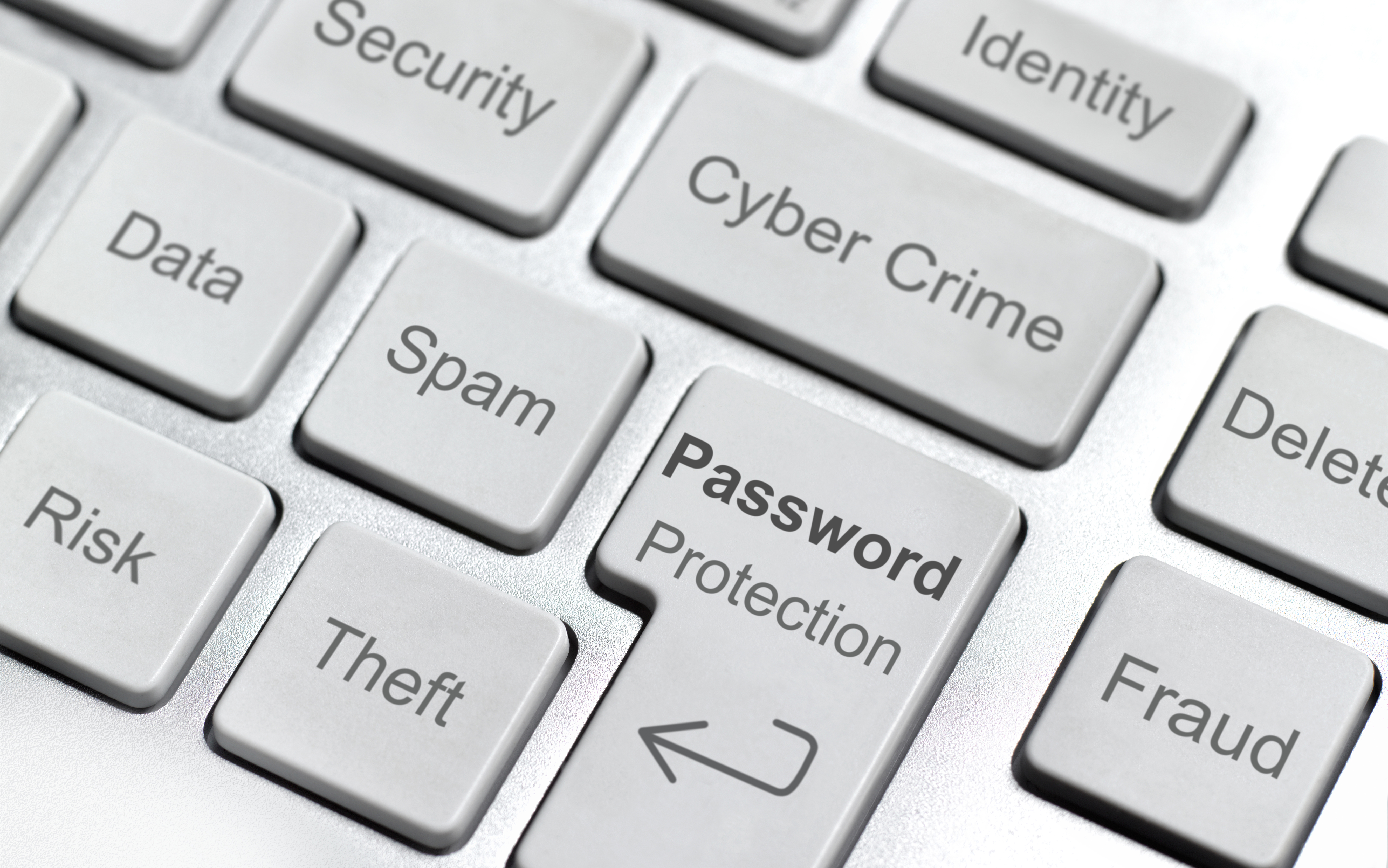Cyber security experts reveal how to steer clear of online scams this Christmas


With Christmas almost upon us, it seems there are even more fraudsters out there looking for possible targets.
It is more important than ever to safeguard yourself against possible online scams this Christmas. But when it comes to identifying suspicious emails and reporting them correctly, it can sometimes be a little confusing.
Now the cyber security experts at Cheeky Munkey have revealed their top tips to steer clear of online scams this Christmas. They’ve shared how to spot a potential email fraudster - and how to protect yourself online.
How can you identify email scams?
Whilst the experts admit that unfortunately spam emails do make it into email inboxes successfully, there are ways to recognise these. Here are a few of their tips for things to look out for if you receive an unusual email.
Different email addresses and names
Spam emails often tend to be obvious, but more sophisticated phishing emails might require you to look a little closer. The scammer may have substituted a lowercase L with a capital I, for instance, which is a clear indication that the sender is attempting to imitate someone else.
Spelling errors and poor grammar
GoodtoKnow Newsletter
Parenting advice, hot topics, best buys and family finance tips delivered straight to your inbox.
Scam emails frequently contain spelling errors which could help filter out the less susceptible. This allows the scammer to target the most vulnerable. If you spot any glaring mistakes in emails purporting to be from well-known companies, these are likely to be scam emails. Companies have reputations to uphold, after all.
Unusual authentication details
Scam emails will have the wrong authentication details. Simply click on the header and look at the “mailed-by”, “signed-by” and “encryption” details. These should all have a name identical to the sender name.
Fake email signatures
Fraudsters also often fake signatures which might also include attaching images that appear legitimate.

How can you protect yourself against online scams?
Now you know the kinds of things to look out for, the next step is learning exactly what to do to prevent email scammers from being successful. Here the experts share their advice.
Educating employees/yourself
If you are an employer you can help prevent email scams from happening by educating your employees. If they are made aware of all the latest email scams, it is easier for them to look out for suspicious emails. The same thing would also work for yourself - the more aware you are, the harder it will be for the scammers to achieve success.
Firewalls
Everyone needs a good safety net in case anything should get past your own email filters or your employees’. A robust firewall can help to catch anything that might infiltrate your network.
Microsoft 365
Cheeky Munkey's site suggests this is their recommended cloud suite. It includes protection from spam emails, as well as a new feature coming out soon called Tenant. This is a portal which allows employers to run training and simulate phishing attempts to see how well their employees can identify potential threats.
With those handy tips on how to spot and protect yourself against email scams, it’s that bit easier to be safe online this Christmas.
Remember if you’re unsure about a suspicious email to seek guidance and check it out thoroughly.

Emma is a Senior Lifestyle Writer with six years of experience working in digital publishing, ranging from book publishing to magazines. She currently looks after all things Lifestyle for Woman&Home, Goodto.com, and My Imperfect Life.